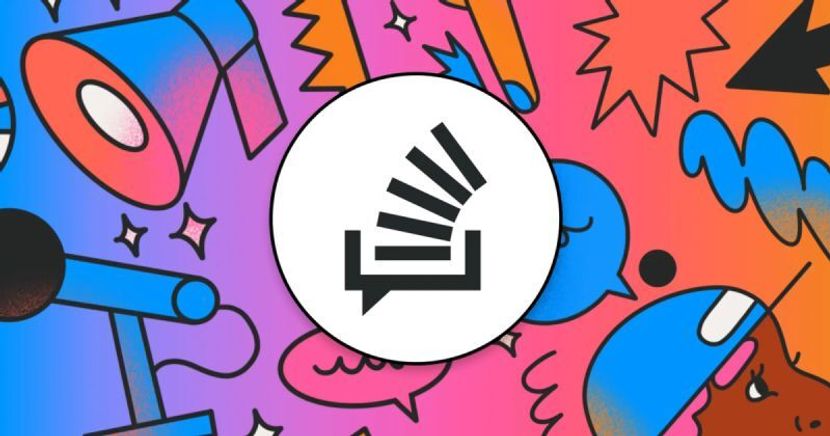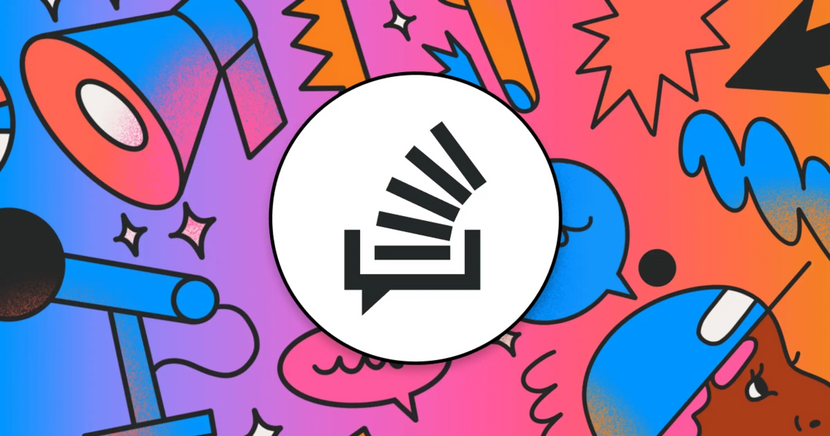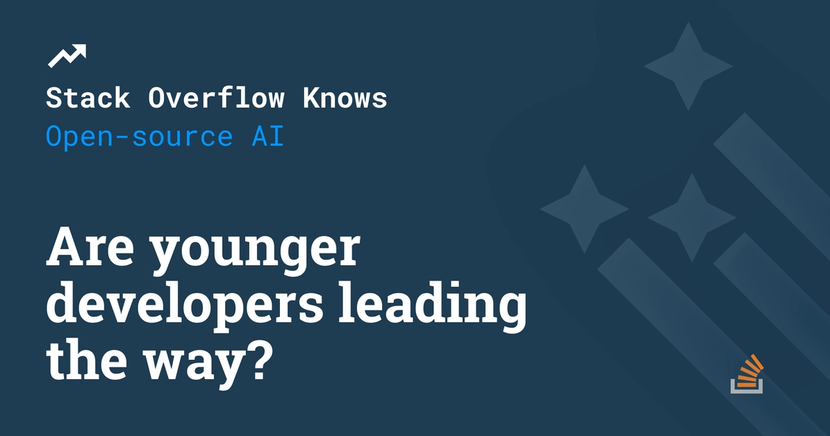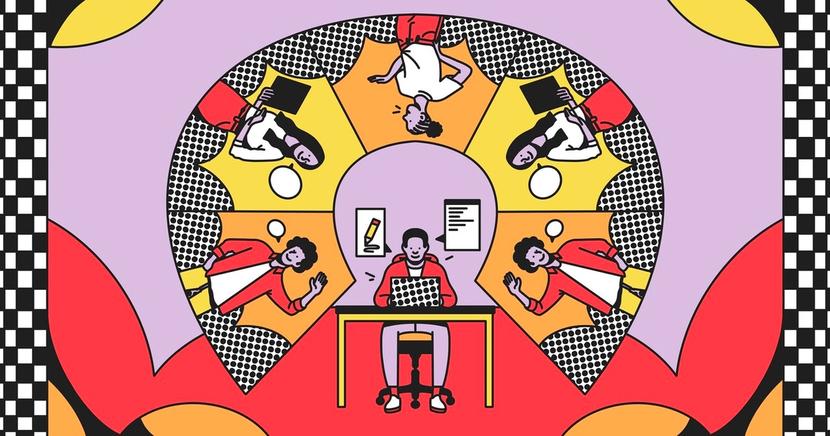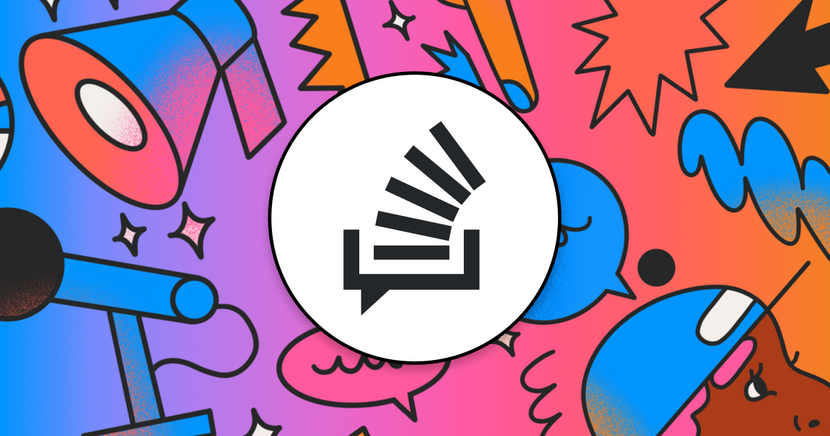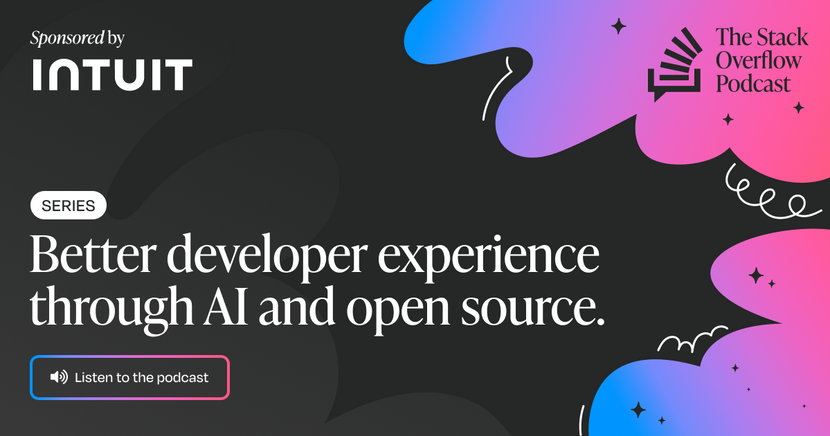Open source is giving you choices with your agent systems
Ryan welcomes John Dickerson, CEO of Mozilla.ai, to talk about the evolving landscape of AI agents, the role of open source in keeping the tech ecosystem healthy, the challenges OS communities have faced with the rise of AI, and the implications of data privacy and user choice in the age of multi-agent AI systems.
